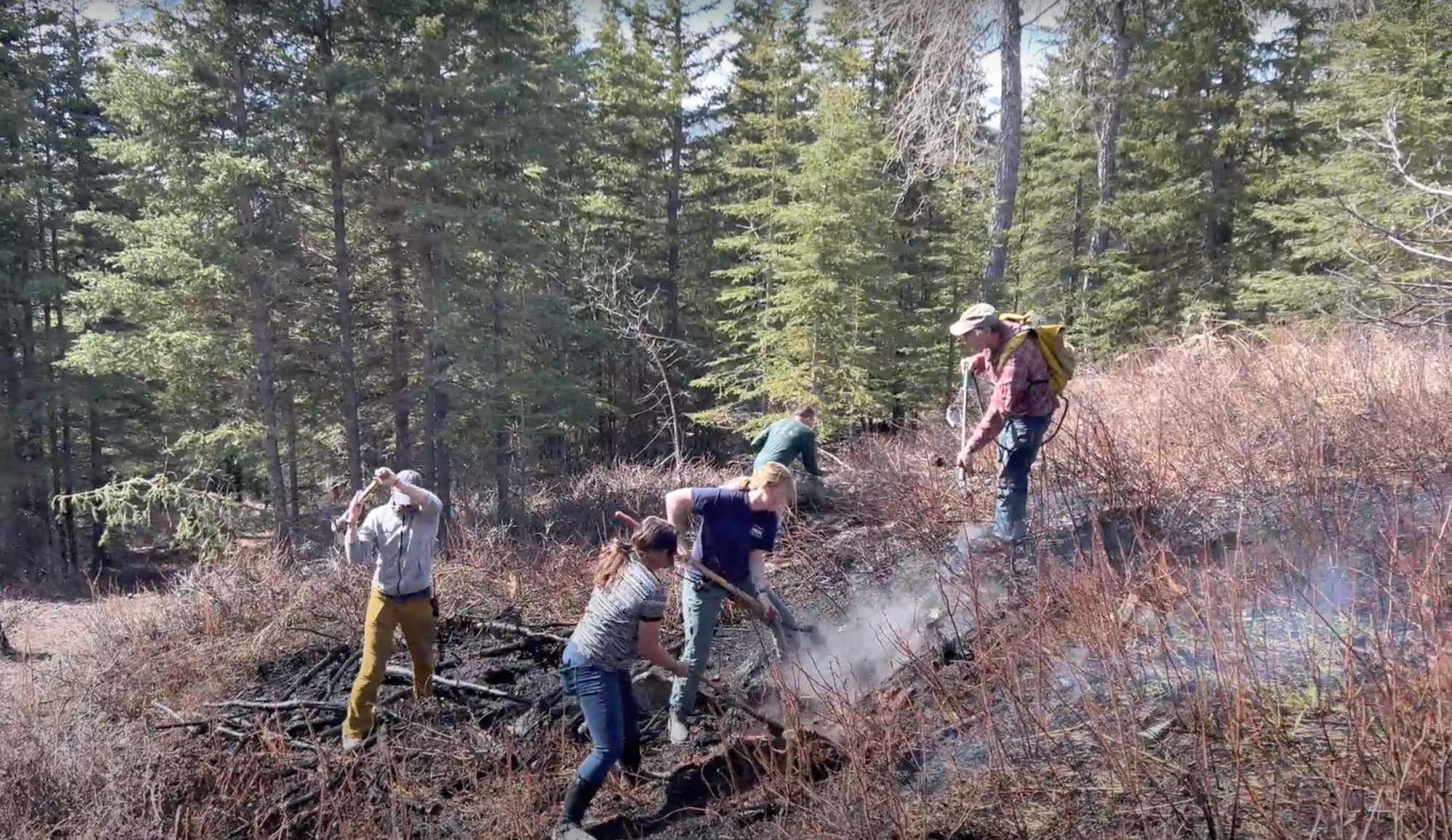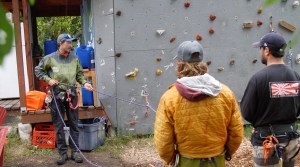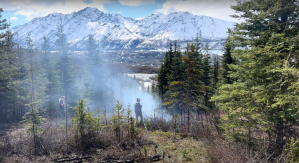First Responders in the Backcountry


MICA Guides working on their rescue skills after work
Any activity in the outdoor industry can have lots of potential dangers, which is why MICA Guides takes their role as first responders so seriously, often taking extra time at the end of the day to work on these crucial skills.
Accidents are unpredictable, sudden, and unexpected which is why having the knowledge and skills to respond quickly during emergency situations is so important for out outdoor guides. Likewise, it is important to maintain these skills because it is easy to get compliant when you are working in risky environments regularly. Regular upkeep of these skills is an important part of our training so we can be prepared for anything the wilderness throws at us.
Medical Emergencies
Most of the time the situations we have to deal with are minor, like cuts or blisters, but occasionally more serious medical events take place on a trek that guides must be prepared for.
In late May 2022, there was a plane crash in the Matanuska River near the site of Glacier View Adventures and by chance some of the MICA team happened to witness the crash and with the quick thinking of one of our guides, Brett, they were able to rescue the three passengers and get them safely ashore with the help of our friends at Matanuska Glacier Helicopters.
Natural Disasters

MICA staff putting out a small fire near the Glenn Highway
Wilderness preparedness means more than just medical – recently some of the MICA team served as first responders to a small wildfire that broke out along the Glenn Highway. Having just gone on a water run, there was a truck full of water and a handful of guides available to keep the fire at bay so it didn’t become a risk to the valley until more resources were able to arrive at the scene. Had they not been there and not been prepared to handle a situation like this there might have been a much different outcome.
Wildlife Encounters
Wildlife encounters can be exciting but if they go wrong they can lead to medical emergencies or other accidents. Knowing what to expect and how to prevent bad interactions is a simple way you can prepare yourself for outdoor adventures. For example, there are different ways to deal with bear encounters and brushing up on your knowledge before venturing into bear country is always wise. While we don’t come across a ton of wildlife on the glacier itself, the surrounding areas are full of animals to be aware of.
Types of Qualification
There are a number of different types of qualifications when it comes to wilderness first aid. Since most incidents occurring in the wilderness are far more remote than an incident that happens in town, it is crucial to be prepared with supplies at all times because it could be quite awhile before you are able to access professional care.
These trainings aren’t just for outdoor professionals, so if you have been wanting to take a course to help ensure you are prepared for some of the crazy things the wilderness can throw at you it is never too late! There are lots of different companies that offer theses trainings across the country. Some of the most common qualifications you will see in this industry are:
Wilderness First Responder (WFR)
Wilderness Emergency Medical Technician (WEMT)
Wilderness First Aid (WFA)
While we never like to describe the things we do as ‘safe’, we firmly believe these trainings are good investment in your ability to explore and enjoy the outdoors. Knowing what to do in the event of a emergency will give you confidence on your next adventure.
